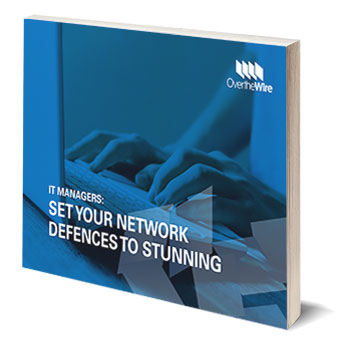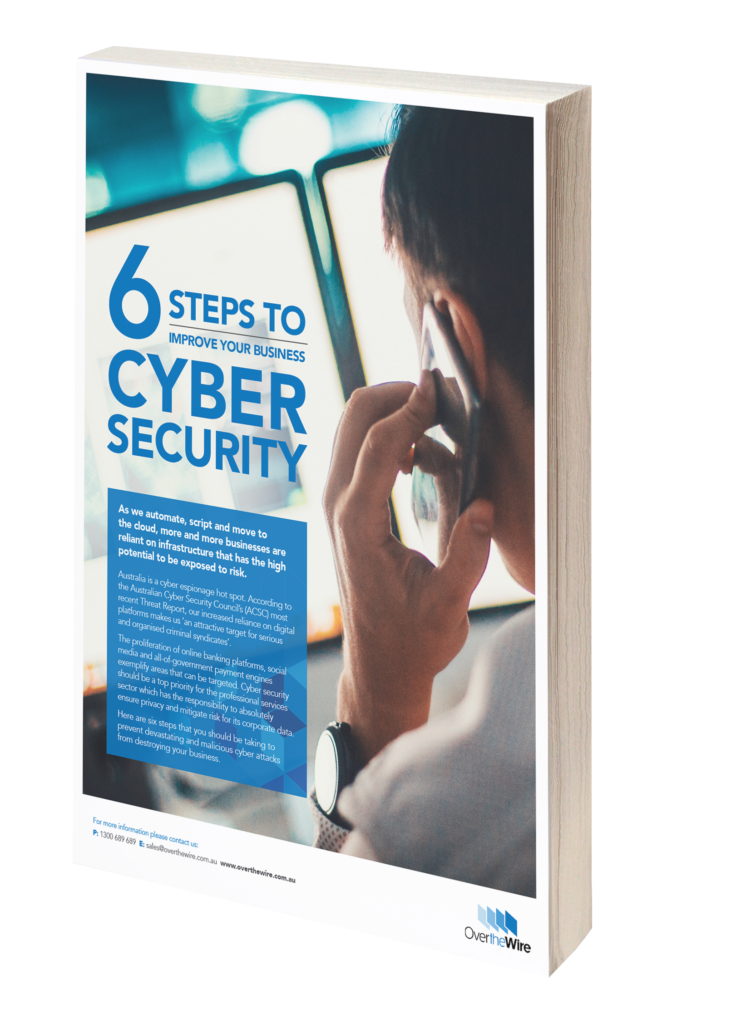Blockchain technology is revolutionising how organisations work. By creating a decentralised system through which information passes, validated on a P2P basis rather than a gatekeeping authority, businesses and not-for-profits can take advantage of huge potential efficiencies in operational processes that previously took days.
For example, you may have heard about Ethereum, a public blockchain network used by the UN’s World Food Programme to underpin a cashless economy for Syrian refugees. The instant validation of data means that this kind of process is applicable all around the world.
In Australia, businesses are starting to take note – here are five ways your business could leverage blockchain technology.
1. Customer identification
By employing blockchain, financial services organisations could tap into untold efficiencies in customer identification.
In a recent piece by iGTB Senior Business Analyst Binu Yohannan, he argues that the blockchain can serve as a single repository of customer identification information for an entire industry sector. With the appropriate encryption and data security regulations, the blockchain could store a bank’s customer or transaction information in a database with all other institutions in the same country or city.
This gives organisations access to real-time, secure information that
would otherwise be held up in the gatekeeping processes banks commit to
on an individual basis.
2. Smart contracts
A smart contract is a computer program that contains a set of legal rules for negotiating the terms of an agreement. The rules can automatically be enforced and the agreed terms executed without the need for third party approval.
Smart contract data is encrypted and stored on a shared ledger in a Blockchain so in theory it is secure and immutable.
There have been exploits of smart contracts in the past, so it’s important that your code is as airtight as your network security.
3. International payments
International payments can be made much faster and in a more transparent manner through the blockchain, according to Mastercard. The credit card giant is embracing the blockchain in a bid to overcome speed- and cost-related hold-ups in global B2B transactions.
An Accenture report suggests a 70 per cent drop in financial reporting
costs through blockchain, as well as a 30 per cent decrease in
compliance-related costs. By settling B2B
transactions in the digital sphere without third party risks,
businesses can realise massive financial benefits.
4. Voting and corporate governance
The transparency and P2P verification of a blockchain network makes it ideal for ensuring information is both secure and accurate. While this has largely meant financial institutions are benefiting from the tech, any enterprise involved in any kind of election can also reap the rewards.
By skipping third parties (in this case an electoral authority),
organisations can create a shared voting ledger that records and
validates data without fear of tampering.
It’s ideal for true insight into how an employee base (or even an
entire population) wishes to vote.
5. Democratising the music industry
A tale as old as time – how do artists get paid for the full value of their work? The answer could lie in blockchain.
Writing for Techcrunch in 2016, TechTalks founder Ben Dickson argued that a single database on a blockchain network could contain artists’ music, including copyrights, licensing fees, time stamps and unique identifiers. Tamper-proof and concreted in the system, individuals and businesses could then buy the music for a transparent dollar value, which is then permanently recorded in the chain.
By skipping third parties like labels and streaming services, people can
pay artists directly for their music in a transparent, efficient
manner.
What are you waiting for?
Blockchain technology has levelled the playing field in so many ways. No longer do banks, record labels or other third-party authorities control information and money in the way they used to. It’s a complete democratisation of information, but it’s also absolutely reliant on data networks – which can be fallible.
The blockchain can revolutionise your business, yes, but without the right security protocols the information you submit to it could be vulnerable.
That’s where Over the Wire can help – read our comprehensive cyber security e-book to learn more about the primary areas of cyber risk and find out more about beefing up your security.



